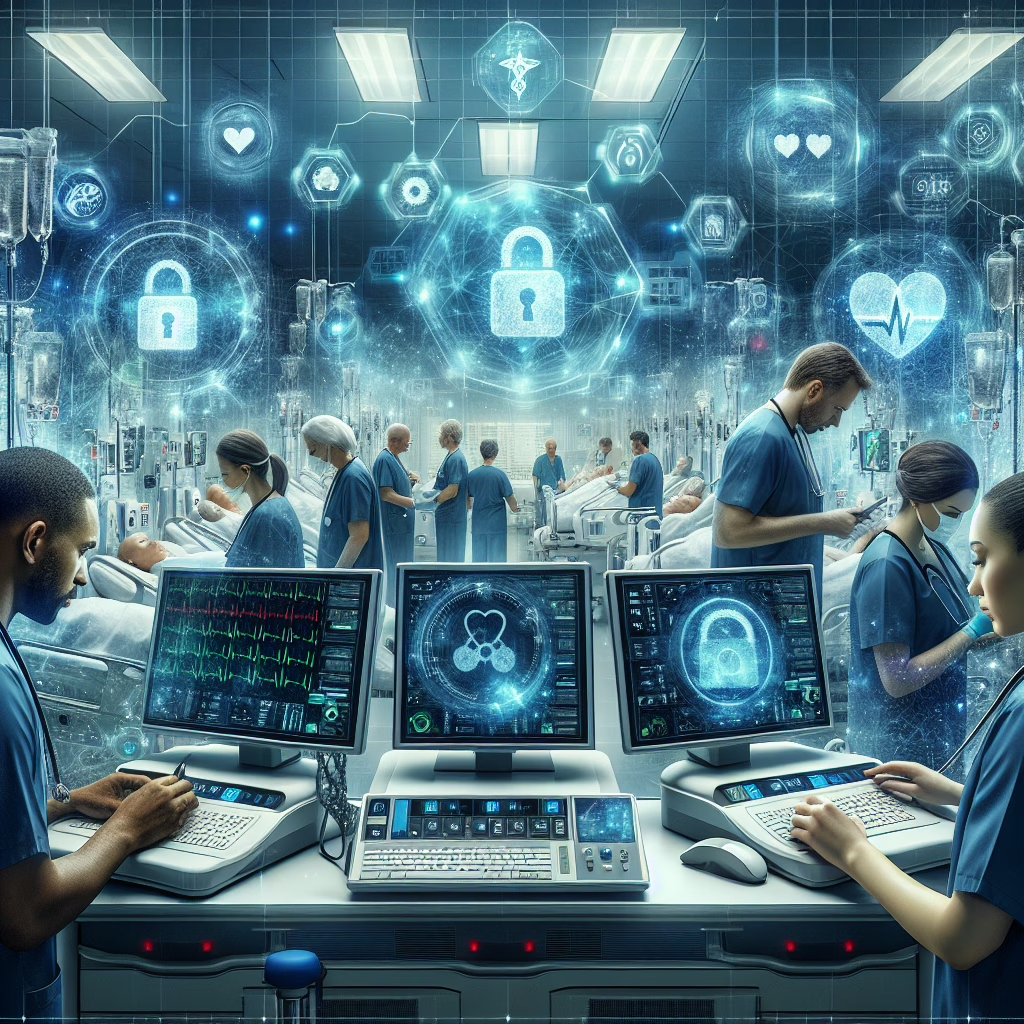In an era where technology meets healthcare, it seems even the most reliable medical device manufacturers can fall victim to cyber shenanigans. Recently, Masimo, a top-tier name in medical devices, confirmed it faced a cyberattack that could delay product deliveries. Yes, you heard that right! Just when you thought your biggest worry was whether your coffee machine could brew the perfect cup, here comes a reminder that the digital world is not always a safe space. The implications of this event extend into the broader realm of cybersecurity, affecting everything from hospitals to patients around the globe.
What Happened with Masimo?
Masimo has been in the spotlight for its innovative medical devices, including those nifty pulse oximeters that monitor blood oxygen levels faster than you can say “oxygen saturation.” However, with the announcement of this cyberattack, the company revealed that various products may see delays. This is not just a simple hiccup; it’s more like tripping on a banana peel during a marathon!
The cyberattack has raised eyebrows across the industry, with many wondering how secure our medical devices really are. After all, if hackers can breach systems at top companies like Masimo, what’s stopping them from having a go at your smartwatch? The attack has sparked discussions about cybersecurity protocols within the healthcare sector, highlighting vulnerabilities that need urgent addressing.
Why Should We Care About Cybersecurity in Medical Devices?
Let’s face it: when it comes to our health, we want our devices to be as reliable as your grandma’s secret cookie recipe. Cybersecurity in medical devices isn’t just important; it’s critical! When hackers target these systems, they can compromise patient safety. Imagine a world where your pacemaker is suddenly upgraded to “hack mode.” Yikes!
According to experts, more than half of all medical devices are vulnerable to some form of cyberattack. This statistic might sound alarming—because it is! These vulnerabilities can lead to unauthorized access to sensitive patient data or even disrupt device functionality. The recent incident with Masimo serves as a case study, reminding us that none of us are above scrutiny when it comes to our technological dependencies.
The Ripple Effect of Delayed Products
Now, let’s talk about what happens when products get delayed. For instance, hospitals and healthcare providers depend on timely deliveries of essential medical equipment. If Masimo’s products are delayed due to this unfortunate event, you can bet that doctors will be twiddling their thumbs instead of saving lives. This scenario is particularly concerning because any delay can lead to cascading effects in patient care.
- Increased Wait Times: Patients needing immediate medical attention may face longer wait times as healthcare providers are left without necessary equipment.
- Healthcare System Strain: The backlog created by delayed products can increase the strain on healthcare systems, affecting not just one facility but creating a domino effect across regions.
- Potential Health Risks: Patients waiting for essential treatments could experience delays, leading to potential health risks. So while we may be giggling at the idea of a rogue hacker on the loose, the truth is that cybersecurity lapses in healthcare can have serious consequences.
How Can We Safeguard Our Medical Devices?
Fortunately, there are steps both manufacturers and consumers can take to enhance cybersecurity measures:
- Regular Software Updates: Always ensure your medical devices are updated with the latest software patches. Think of it as giving your device a regular check-up!
- Awareness Training: Healthcare providers should invest in cybersecurity training for their staff. After all, knowledge is power—especially when it comes to outsmarting hackers!
- Strong Passwords: For any connected device you own (yes, even your smart fridge), make sure to use strong passwords and change them regularly. You might think “password123” is clever, but so do hackers!
- Network Security: Ensure that all medical devices are part of a secure network. Isolate them from non-essential systems to reduce the risk of cyber intrusions.
The Future of Medical Devices and Cybersecurity
The incident at Masimo serves as a wake-up call for everyone involved in healthcare technology. As we move further into 2025 and beyond, we must prioritize security measures alongside innovation. Imagine the day when we don’t have to worry about whether our heart rate monitor could become an unwitting accomplice in a cybercrime!
As technology evolves, so too must our approach to securing these vital tools. The healthcare sector must adopt more rigorous cybersecurity frameworks and work collaboratively with tech experts to safeguard patient data and device integrity. Manufacturers like Masimo need to implement robust strategies to defend against cyber threats and prioritize continuous improvement in their cybersecurity practices.
Your Thoughts on Cybersecurity?
What do you think about the recent Masimo cyberattack? Do you feel secure using medical devices today? Join the conversation and share your thoughts below!
For further reading, you can check out articles discussing the implications of recent tech developments and how they impact safety and security in the healthcare sector.

